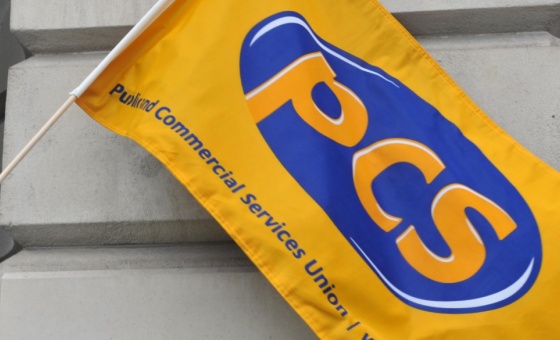This is the last article you can read this month
You can read more article this month
You can read more articles this month
Sorry your limit is up for this month
Reset on:
Please help support the Morning Star by subscribing here
IN CELEBRATING the 200th anniversary of the birth of Friedrich Engels it is difficult to overestimate his contribution both to the development of the international working-class movement or to Marx’s own theoretical work and its wider dissemination.
Engels was an organiser. He was a profound critic of capitalist society. He developed a pathbreaking analysis of the origins of class societies and of gender relations.
And he did this in a close working partnership with Marx — a partnership that ensured Marx’s own work of transcendent genius was fully preserved and made available to our movement.
First and foremost, I want to stress the importance of Engels’s first book The Condition of the English Working Class.
He wrote this in his early twenties and mostly before the full development of his working partnership with Marx.
But it was a work that was critical both for that partnership and for the development of Marx’s own thought.
In this pathbreaking work Engels described the emergence for the first time of an actual mass working-class movement.
It was a movement which, just two years before, in the 1842 general strike, had directly challenged British state power.
It was also in 1844 to 1845, and on the basis of Engels’s description of this working-class challenge for power, that Marx made his key distinction between a class “of itself” — a simple descriptive category — and a class “for itself,” a mobilised class that could consciously make history.
This real-life evidence of the power of working people, confirmed by Marx’s own visit to Manchester in 1845, was central to the development of what later became known as historical materialism.
It was classes that made history. All recorded history is the history of class struggle.
It was this joint understanding of the potential of the working class to make society anew that then led to the first full sketch of historical materialism, the jointly authored Communist Manifesto of 1848.
In the subsequent decade it was Engels also who guided Marx’s close working relationship with key leaders of the Chartist movement, such as Ernest Jones, and in the 1860s provided the organisational groundwork for the formation of the First International.
This subsequent experience was also important theoretically. In this period Marx and Engels had to confront and explain the right turn of Britain’s trade unions — effectively becoming a political adjunct of the Liberal Party. What was a previously cohesive class movement disintegrated.
Between them Marx and Engels developed a profound cultural explanation of this division and the emergence of what they described as a Labour aristocracy.
It was, as Marx put it in Capital, a result of the way Britain’s capitalists had, in the face of this class challenge, conceded certain reforms.
They did so largely for the benefit of the best-organised sections of the working class and deployed these “liberal reforms” in way that ideologically captured their political leadership.
They were, however, concessions only made possible by a new phase of imperialism, of the export of capital and its financial and economic subordination of the rest of the world.
In parallel Marx and Engels highlighted the use of racism by the employing class, using the “threat” of Irish immigration following the Irish famine to split and divide working people.
In turn Engels himself added an analysis of the revolutionary and semi-proletarian character of Ireland’s dispossessed working population that provided much of the groundwork for James Connolly and the development of Ireland’s own revolutionary tradition.
It was Engels also who assured the theoretical legacy of Marx. We remember the poignancy of Engels’s funeral oration at Marx’s grave in 1883.
“At a quarter to three in the afternoon, the greatest living thinker ceased to think. He had been left alone for scarcely two minutes and when we came back we found him, in his armchair, peacefully asleep — but forever.”
Engels immediately abandoned his own work and spent three years putting Marx’s manuscripts in order, scrupulously ensuring that volumes II and III of Capital reached the printers as Marx would have wished.
Only then did Engels complete his Origin of the Family, a work also effectively jointly conceived and developed with Marx.
Equally with practical politics. These years in the 1880s saw Engels maintaining and deepening Marx’s political legacy — working with Eleanor Marx, Tom Mann and William Morris to recreate a mass trade union movement among general workers, one based, as Marx always said it would be, among the mass of workers in London’s East End and not among the labour aristocrats.
On this 200th anniversary of Frederick Engels’s birth, we salute his memory, organiser, thinker and joint author of the Communist Manifesto, a manifesto that still inspires a new world amid the criminal chaos of the old.










